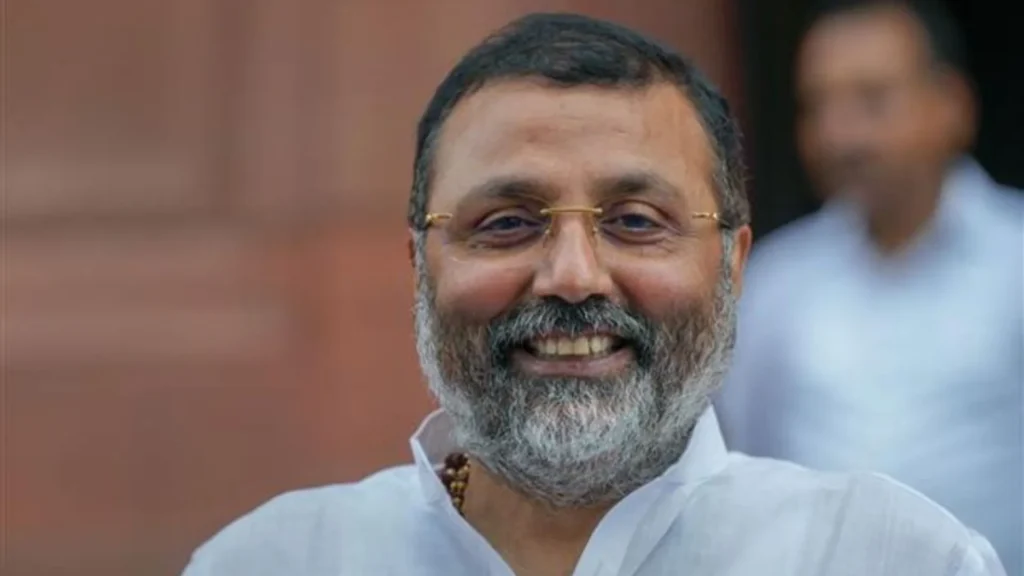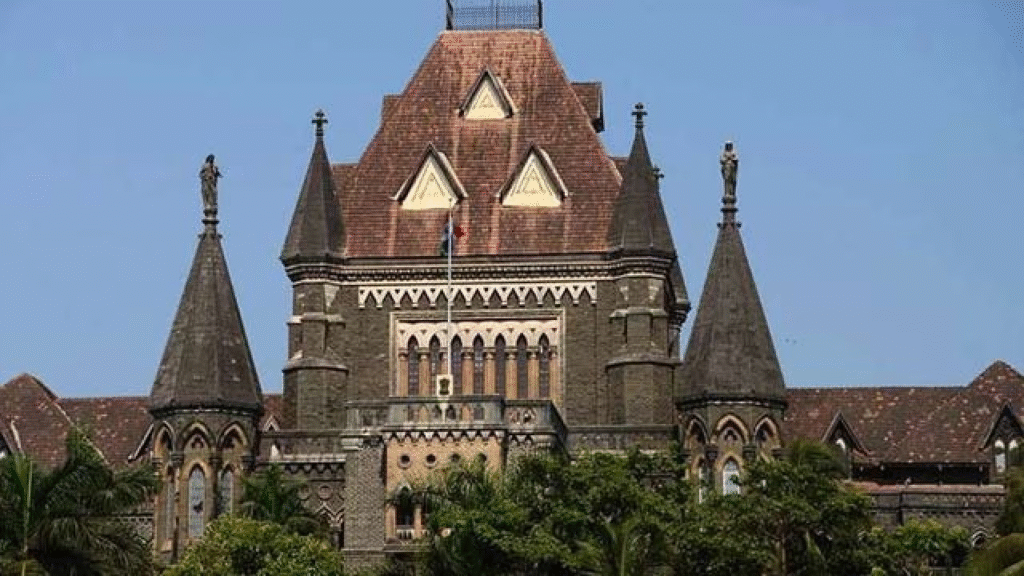Did Congress Consider Giving Poonch, Uri & Gurez to Pakistan in the 1960s?
BJP MP Nishikant Dubey has stirred a fresh political storm by alleging that Jawaharlal Nehru and Indira Gandhi, India’s former Prime Ministers, were willing to hand over strategic parts of Kashmir to Pakistan in the 1960s. His claim is based on a declassified 1963 U.S. State Department telegram, which sheds light on Cold War-era diplomatic talks between India and Pakistan. According to Dubey, the Congress-led governments at the time considered conceding territories like Poonch, Uri, and Gurez, even after Pakistan’s aggressive posturing and invasion attempts.
आयरन लेडी इंदिरा जी और उनके पिताजी नेहरु जी
— Dr Nishikant Dubey (@nishikant_dubey) May 26, 2025
कश्मीर के अवैध क़ब्ज़े पाकिस्तान के द्वारा 1948 के बाद दुबारा मध्यस्थ अमेरिका और ब्रिटेन के दबाव में भारत सरकार के मंत्री स्वर्ण सिंह जी व ज़ुल्फ़िकार अली भुट्टो की लगातार बैठक 1962 से 1964 के बीच हुई,इस काग़ज़ को गौर से पढ़िए ,भारत ने… pic.twitter.com/wuJhbOAROW
The explosive revelation has reignited the political blame game over India’s Kashmir policy, with Dubey accusing the Congress party of compromising national security for geopolitical appeasement.
What Were Nehru and Indira Allegedly Willing to Give Up?
According to Dubey, under international pressure from the U.S. and Britain, India—then led by Nehru and later Indira Gandhi—was prepared to make substantial territorial concessions to Pakistan. These included:
Poonch and Uri, areas currently under Indian control but previously occupied during the wars. The Neelum and Kishanganga valleys in Gurez, which were reportedly considered as part of a new international border along the Line of Control (LoC).
The declassified 1963 telegram reportedly documents diplomatic talks between Indian Foreign Minister Swaran Singh and Pakistani counterpart Zulfikar Ali Bhutto, spanning from 1962 to 1964. During these talks, India is said to have explored multiple “formulas” for resolving the Kashmir issue—some of which involved partial cession of territory to Pakistan, though not agreeing to a plebiscite, which was a key Pakistani demand.
What Are the Political Implications of These Allegations?
While the claims are based on genuine declassified material, they remain interpretations of diplomatic conversations and not conclusive proof of intent or formal decisions. That said, Dubey has used these documents to mount a political attack on the Congress Party, arguing that its legacy involves strategic retreats and appeasement of Pakistan, even after military successes. He cites not only the Kashmir discussions but also the 1968 Rann of Kutch settlement, where 828 sq km of Indian land was handed over to Pakistan despite India’s upper hand in the 1965 war.
These accusations fit into a broader BJP narrative that criticizes Congress for historical missteps, especially in matters of national security. Congress has not yet issued a detailed response, but the controversy has already found traction in media debates, fueling fresh scrutiny of Cold War-era foreign policy decisions.
Nishikant Dubey’s allegations tap into a larger political discourse around historical memory, territorial sovereignty, and the Kashmir dispute. While the declassified telegram does suggest India was open to territorial compromises during the Swaran Singh–Bhutto talks, the absence of official policy decisions or agreements means these interpretations are politically charged rather than legally binding. Still, the matter raises serious questions about how past governments navigated international diplomacy and how those choices continue to impact today’s geopolitical narratives.





















